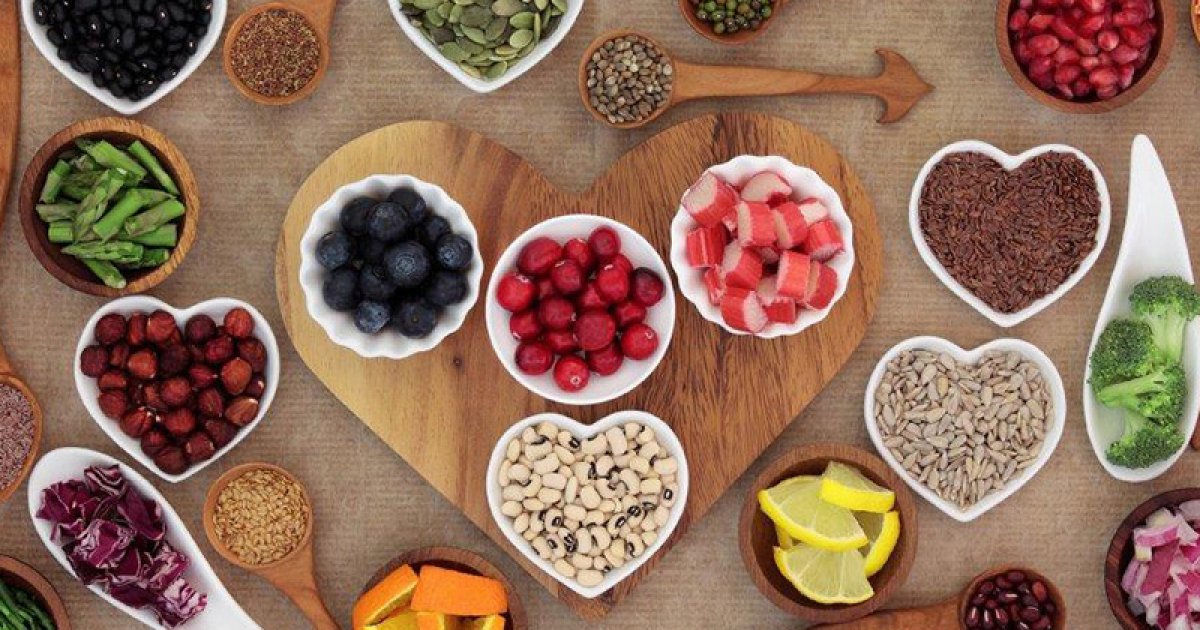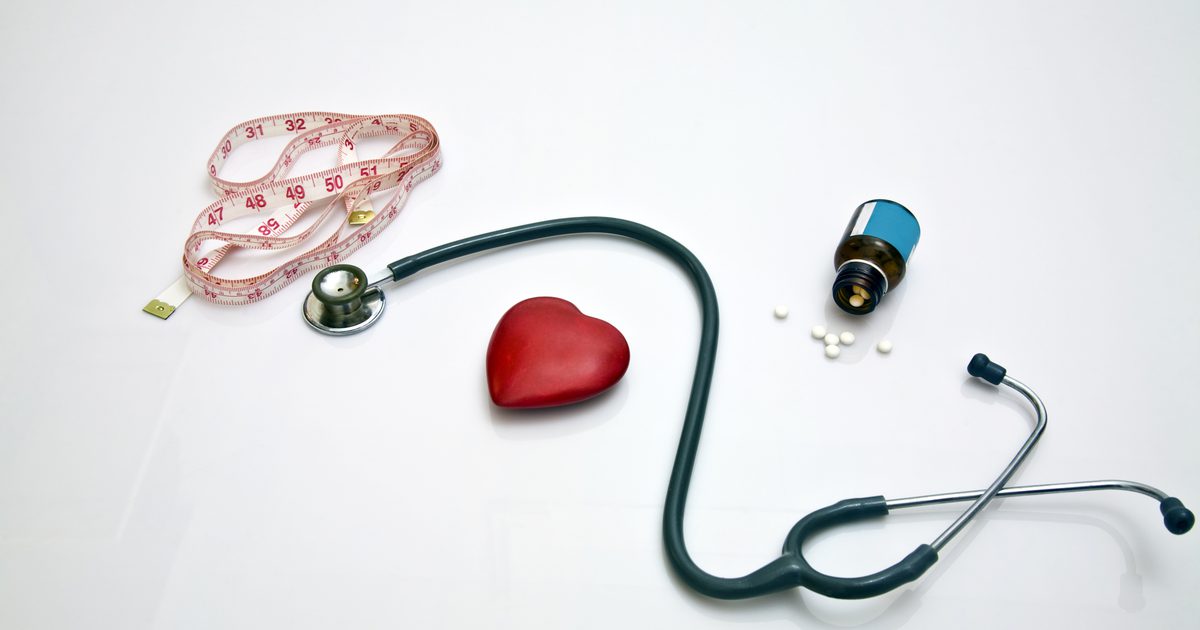Treatments For Mitral Valve Regurgitation
Consuming A Heart-Healthy Diet

Consuming a heart-healthy diet can help mitral valve regurgitation patients reduce the elevated blood pressure that may occur as a result of the condition. For some patients, dietary changes may also reduce fatigue and enable them to use fewer medications. A heart-healthy diet is generally based on fruits, vegetables, legumes, and whole grains. Diets such as the DASH, vegan, and Meditteranean diets have shown promise in symptom management of heart conditions. In particular, cardiac patients may wish to limit their intake of processed and cured meats like bacon and salami. It is useful to eliminate fast food from the diet and also minimize fried foods such as french fries and fried chicken when attempting to avoid trans fats. Patients should also be mindful of their sugar intake and try to aim for the American Heart Association's recommendation of no more than twenty-four grams of added sugar each day.
Heart Medication

Heart medication is often the first line of treatment for mitral valve regurgitation, and it is a particularly important treatment for patients who are not suitable candidates for surgery. Doctors frequently prescribe diuretics to reduce the buildup of fluid in the lungs and lower limbs that can occur with this condition. These drugs cause the body to release larger than normal quantities of salt and water through urination. Diuretics may cause side effects such as increased thirst, headaches, dizziness, diarrhea, increased cholesterol, and muscle cramps. For patients who have both mitral valve regurgitation and atrial fibrillation, doctors may also prescribe anticoagulants (blood thinners), which reduce the risk of developing dangerous blood clots. Patients taking certain blood thinners may need to have frequent blood tests for monitoring. Potential side effects of anticoagulants can include feeling cold and bruising or bleeding more easily after minor injuries.
